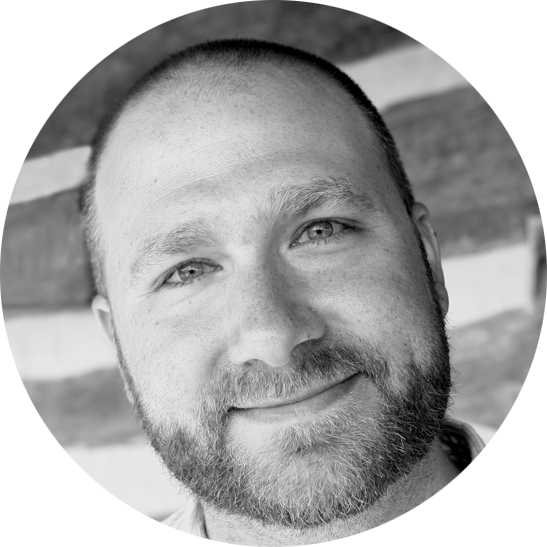Part 2 – What Should You Do?
In part 1 of this series I explored the possibility of the need to work extra jobs to ensure that your calling to your family and to plant a church are faithfully fulfilled. In this post I would like to explore some ways to help you brainstorm about some things that you can do to supplement your income as you work to plant a church.
Before we drive right in to the nuts-and-bolts of determining ways to make extra income, I would like to first emphasize that the purpose of either starting a business, doing freelance work, or working for someone else is to fuel your primary calling. If you view this as a way to, “have your cake and eat it to,” then you will likely find yourself (and your church) in some very challenging scenarios moving forward.
Two books that have really helped me think through this process are The Four Hour Work Week by Tim Ferris and The $100 Startup by Chris Guillebeau. They help you to think more creatively on how to utilize your time, your skills, and your resources for maximum impact.
Here are a few things to ask yourself as you consider being a modern tentmaker:
- What am I good at? This may seem like an obvious question, but sadly, many people begin with the question, “What will make me the most amount of money?” While this question is understandable, it is not the best question. Asking yourself what you are naturally gifted at will increase the likelihood that you will be doing something that you enjoy, so that if/when challenges arise, you aren’t wanting to jump ship.
- What do I enjoy to do? Many times we can allow our hobbies to inform an area that we should explore. For instance, I have some friends who are involved in a parachurch ministry. The wife played softball in college. She had lost her part-time job and they were in need of her finding some supplemental income. Coincidentally (I prefer providentially), shortly after finding out she lost her job she was offered a part-time position as a private pitching coach for softball players. She was naturally good at it, and she enjoys softball. What are you good at? What do you enjoy to do?
- What are the perceived needs that I can fulfill? As I mentioned in my first post, when I was in Brenham, TX helping to plant what is now Redeemer Church, I noticed that there were a lot of dirty sidewalks, driveways, and homes, so I started a pressure washing business. Perhaps you enjoy cycling, are there some parts that you can specialize in selling online? Maybe you like to be outdoors, so maybe you can do people’s lawns, or be a fishing guide. If all else fails, ask around or create a simple survey online using something like SurveyMonkey and ask your friends in your area or in your hobby to fill it out.
- What can I do that won’t pull me away completely from my calling? This question is very important, especially since church planting is hard. If your business is doing well, and church planting is rough, you may be tempted to focus more of your energy into your company than your calling. This is why being in community with those around you is so important. We must not lose focus on why we are doing this work in the first place, to plant and serve the church we are called to.
- Do those around me agree with my idea? This is another important question that I cannot emphasize enough. When I was starting Lucid Books, I asked my wife as well as the people in my community group. I even met with some other pastors to see what they thought. When I received all positive and affirming feedback, I felt even more confident that taking this step to form the publishing company was the right way to go and wouldn’t distract from my calling, but supplement it.
While these questions are not exhaustive, I believe they will be very helpful in getting you started exploring the possibility of making tents while you plant your church or start your ministry. In my next post I will spend time talking about what I’ve learned being tri-vocational (speaking, publishing, and pastoring) as it relates to a growing church.
READ THE OTHER POSTS:



One Response